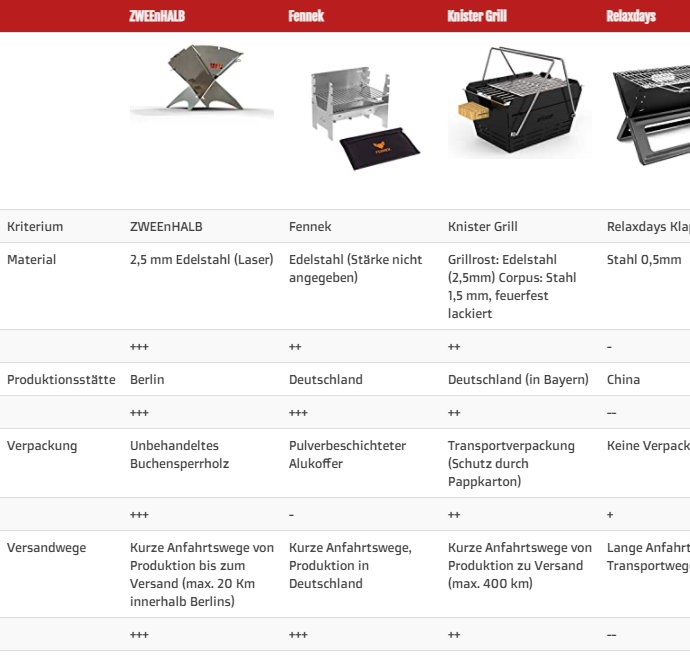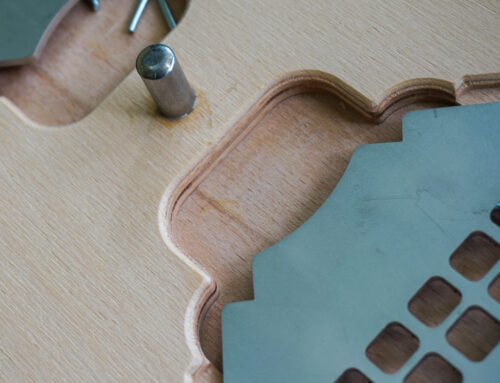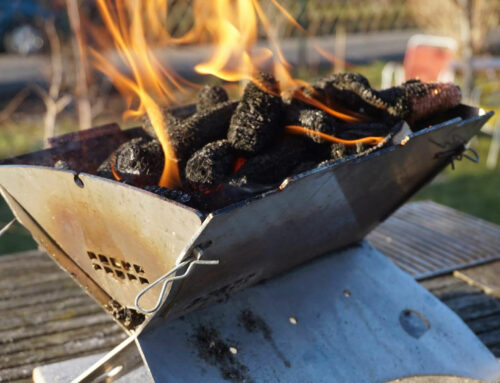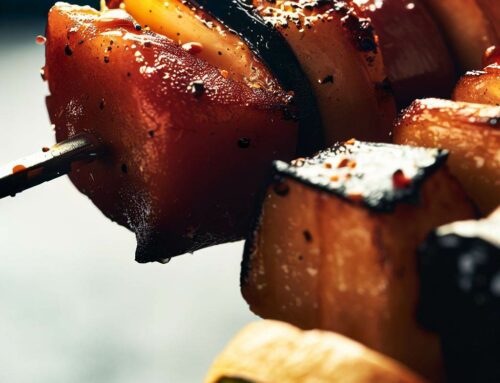Climate protection is increasingly the top priority for barbecue fans. We once took on comparable small, mobile charcoal grills and checked their ecological balance. The following criteria played a role here
- The recyclability of the material
- The production facility
- Transport routes
- The packaging (recyclability)
- Individual parts / material mix
- Specialty
- Weight
- stability
- Stowability
Our conclusion:
When assessing sustainability, it is primarily about the amount of CO2 emissions that are more or less emitted during grill production.
The criteria such as production site, transport routes and material in terms of its reusability play a major role. Against this background, the two little ones ZWEEnHALB and Fennek, who have their production virtually in-house (Fennek) or in their own city (ZWEEnHALB), are far ahead. The Knister Grill follows shortly afterwards, because the grill is exclusively produced in Germany. The two Relaxdays folding grill and Son of Hibachi fall through the sustainability grid, as they are made in Asia and therefore have long transport routes.
The stainless steel material used is particularly suitable for a positive ecological balance because it is durable and rust-free. A grill becomes more complex and less sustainable the more individual parts, consisting of different materials, are used for the construction. Because both the production effort and the number of accessories for screwing together and / or assembling increase accordingly.
The packaging can also make a significant contribution to the ecological balance of a grill. Printing a specially manufactured cardboard box, including printing with a name, has a negative effect on the ecological balance. Preferred are those that either do without the packaging entirely or make it a “virtue” and use the packaging as a means of carrying.
This makes the ZWEEnHALB grill convincing, because the “carrying bag” made of solid, glued beech wood board is at the same time packaging, underlay and cutting board. In addition to the fact that no heat is radiated downwards, the board serves as double protection or as compensation for an uneven floor.
Furthermore, as a transport bag, the tied plates offer a slim stowage option for the grill including grill tongs.
The environmentally friendly corn cobs, which are a waste product that emits little CO2 compared to charcoal, can be used as fuel. Charcoal is usually made from tropical woods, for which rainforest deforestation is due.
With this list and its evaluation, we do not claim to be subjectivity, as the own product was also evaluated.
The comparison is intended to serve as an aid and basis for decision-making when buying a mobile grill under the aspect of sustainability.













Ad your two cents!